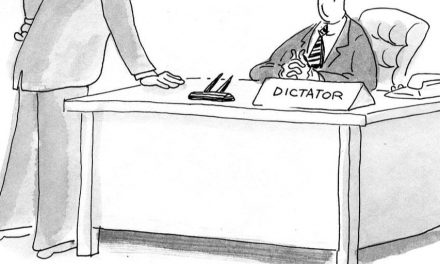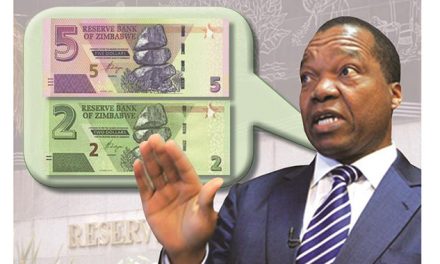In business, both time and money are precious as it is in life. Sometimes as small business owners we get caught in activities that may waste one or both of those scarce resources but we have no way of noticing it. Critical thinking helps greatly in identifying such areas. I’ve identified 5 ways your business could be wasting time and/or money and give practical tips on how to overcome these traps. I’m sure there are many more in your area of business. These include areas where it’s an issue of using technology or a good old pinch of technique and experience. Either way, employ these and you’ll be better off in terms of both time and money.
Enquiries
There’s a good feeling that comes with getting enquiries from clients about your product/service but it soon wears off. Quite frankly unless your business directly makes money per enquiry they are really not something to be celebrated. A great salesperson answers questions before they are asked. When drafting your advertising material are you looking at questions prospects would have and answering them? Do you provide enough information for someone to make a decision or must they enquire for more? To overcome this you need to automate all of or parts of your sales process. Consider having a frequently asked questions (FAQ) section on your website or brochures. Another thing you can do is inform prospects of the steps in the process so they know what to expect. Use resources like websites and social media to pre qualify and inform prospects, that way you know if a client comes through those channels you know they have likely gone through the product and are genuinely taking action to buy not just to enquire.
Printing
Of course, paper is still important but with the way things are set up these days, technology has rendered printing redundant in some cases. Printed documents not only use up paper resources but have the added difficulty of storage as paper has storage considerations. With large volumes of paper, you might start to look at storage space as an issue. Also, there’s that thing that happens with stored receipts where the ink fades and now you just have a blank piece of paper. What’s big now is cloud storage and combined with the next point I’ll touch on you can see why in some cases you can save a lot of money on avoiding paper as much as is possible.
Scanning
A smart move with the aforementioned paper storage problems is to scan all documents into digital versions and save those to a device or preferably in the cloud. While you might immediately think of buying a scanning or going to get documents scanned by someone who provides the service this may actually be a huge waste of time and money. Majority of smartphones are quite adept at scanning documents at a professional level. Some models come with top-class scanning software built-in while with others it’s just an app download away. Either way, smartphones are capable of doing the scanning job very well.
Meetings
I’ve already spoken about this in an entire article however it deserves a mention here. How many times have you attended a meeting that should’ve been an email or a phone call? Not all meetings are a waste of time and for those that are absolutely essential, you can use these tips to keep them as productive as possible. That said many meetings shouldn’t even happen in the first place. And that isn’t limited to internal meetings, there are many external meetings that should rightly be avoided. Ask yourself if the message of the meeting cannot be communicated in a simpler quicker form. You can tell by honestly looking at the meeting agenda. Consider all alternatives available including voice and video calls.
Sales calls
We need to tread carefully on this one as it can easily be misunderstood. Sales calls are important, however, not all of them are necessary. This is a matter of experience and knowing when a full face to face sit down is required or when there is an adequate substitute that can do the job as well. Selling is more art than science but a good example of this is providing full product information before a sales call. This can be done on your website or social media and it can save you a lot of time. Depending on the product some have a lot of information involved in consideration. As mentioned before, allowing the prospect to have as much information as possible prior to meeting them means you pre-qualify the prospect to someone who is interested and you have given them time to digest, any questions they have going forward will be questions that help you progress instead of asking primary questions about the product. The point is not to eliminate sales call but to rather sift out the unnecessary ones.
The tips are straightforward and easy to employ. Remember these are general and haven’t given much thought to personal or other circumstances so you should weigh these up with your circumstances.









cold calling is essential
Thanks for the feedback Nyasha. Indeed it is essential but many calls in the middle of the funnel tend to be of little additional value.
yes very true